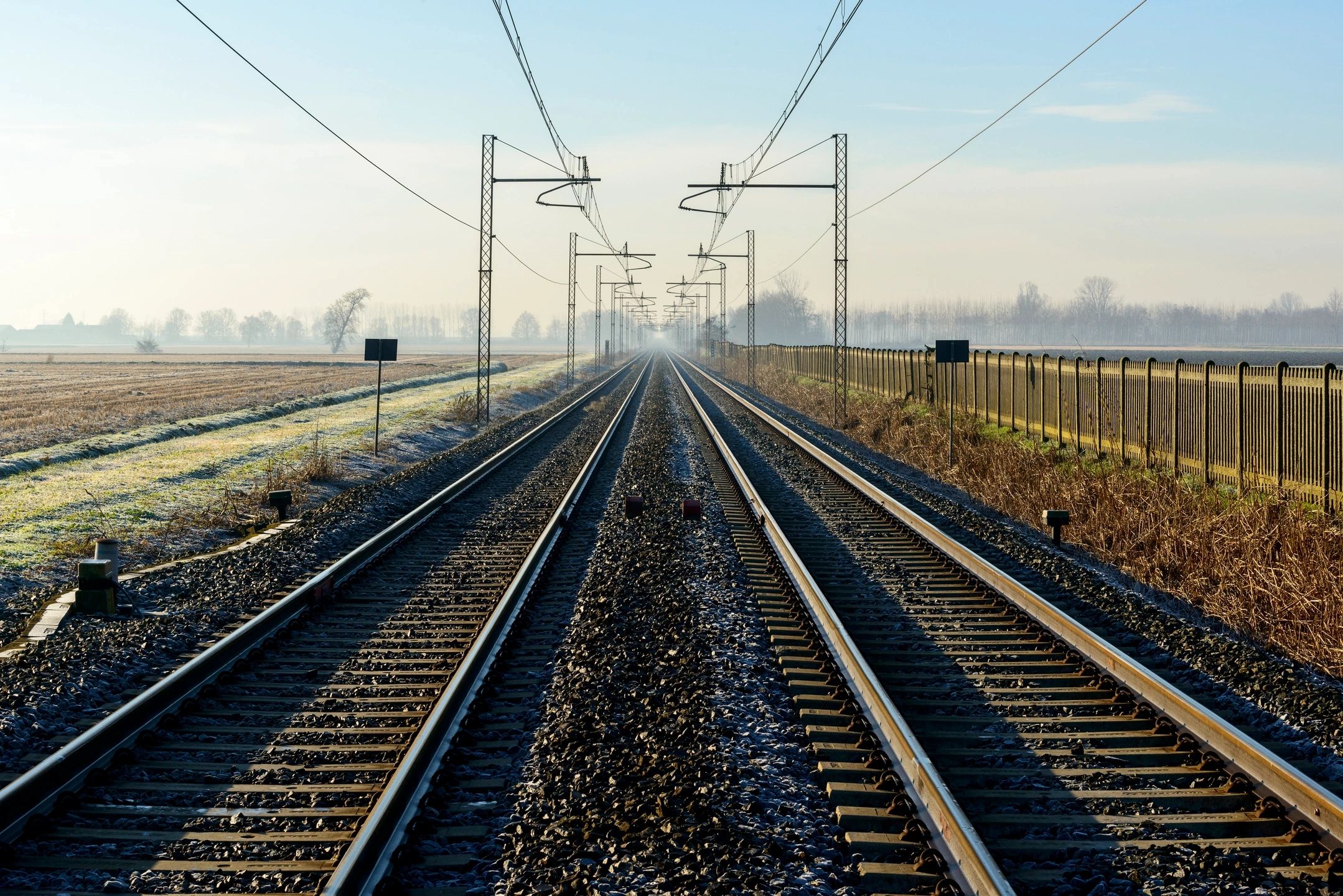Canadian authorities have urged Meta to rescind a ban on news articles from Canadian sources, citing the nation’s escalating wildfire crisis. Officials made this statement on Friday, following Meta’s previous declaration this year to restrict news links on Facebook and Instagram. This action was taken in response to a newly enacted law that mandates internet corporations to compensate news publishers for their content.
On Friday, Transport Minister Pablo Rodriguez communicated that he had engaged in discussions with Meta’s representatives and insisted that the company revoke its ban. This would enable Canadians to obtain updates about the ongoing wildfires throughout the nation.
Rodriguez recounted that he had previously cautioned Meta about the potential “risks” associated with implementing a news link ban. He further emphasized, “Meta’s current actions are entirely unacceptable.”
In response, a spokesperson from Meta conveyed to the Canadian Broadcasting Corporation that the company intends to maintain the blockade on news links. They clarified that Canadians could still utilize Facebook or Instagram to access “content from official government agencies, emergency services, and non-governmental organizations.”
Additionally, the corporation activated its “Safety Check” feature, permitting users to inform others about their safety status in relation to the wildfires.
At the time of the request, Meta had not promptly issued a response for commentary.
According to Reuters, Chris Bittle, a parliamentarian in Canada, voiced on Thursday that “Meta’s decision to obstruct news is thoughtless and negligent.” Ollie Williams, who serves as the editor at Cabin Radio based in Yellowknife, criticized Meta’s choice to prohibit news, describing it as “foolish, hazardous, and evidently unwarranted.”
Late on Wednesday, authorities in Canada issued mandatory evacuation directives for various communities within the Northwest Territories, which encompassed the capital city of Yellowknife. Earlier in the week, a state of emergency had been declared due to the detection of over 230 fires in the region. The evacuation, impacting approximately 22,000 individuals, was slated for completion by Friday noon.
As of Wednesday, the Washington Post reported that approximately 33 million acres have been scorched by wildfires across Canada. This expanse is comparable to the dimensions of Alabama or over ninefold the area of Connecticut. Remarkably, it surpasses the nation’s prior yearly record of 18.3 million acres established in 1989.
In June, Meta disclosed its decision to restrict access to news articles for all users of Facebook and Instagram in Canada. This move followed the enactment of a new Canadian law, necessitating internet platforms to negotiate with news publishers for an autonomous licensing partnership, detached from government intervention. Responding to this, Transport Minister Rodriguez announced in July that the Canadian government would withdraw its advertising, amounting to an estimated $7.5 million annually, from both platforms.
Subsequently, Google revealed a week later that it would also eliminate links to Canadian news websites from its search outcomes and other offerings. Kent Walker, Google’s President of Global Affairs, criticized the new legislation, deeming it as “an erroneous approach to supporting journalism in Canada.” The law, denoted as the Online News Act, was formulated to enhance fairness within the Canadian digital news landscape and concurrently bolster the financial viability of news platforms, as outlined in government summaries.



